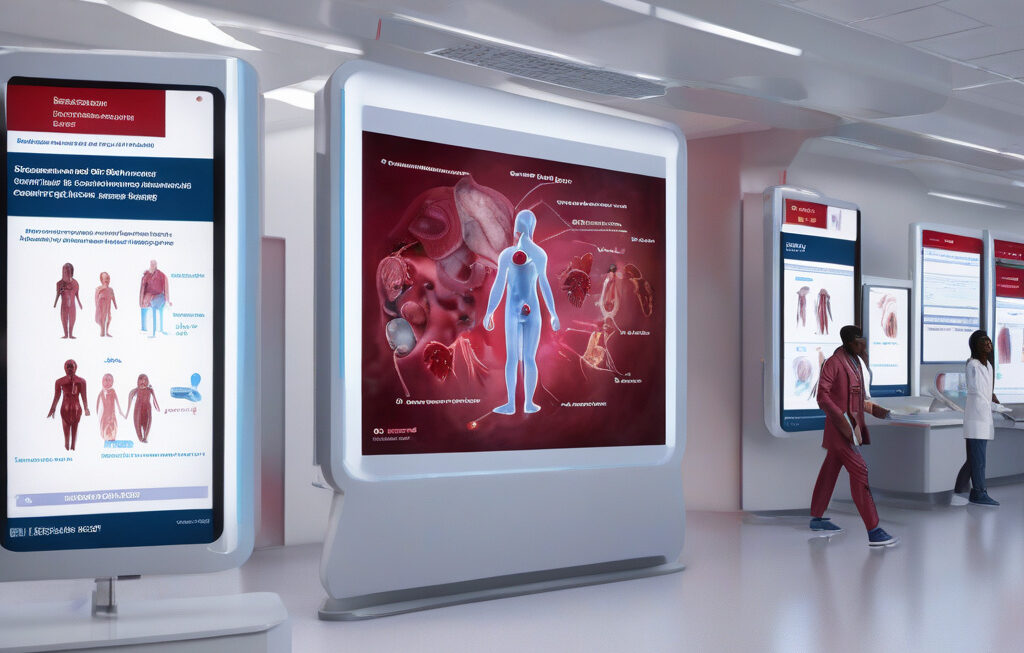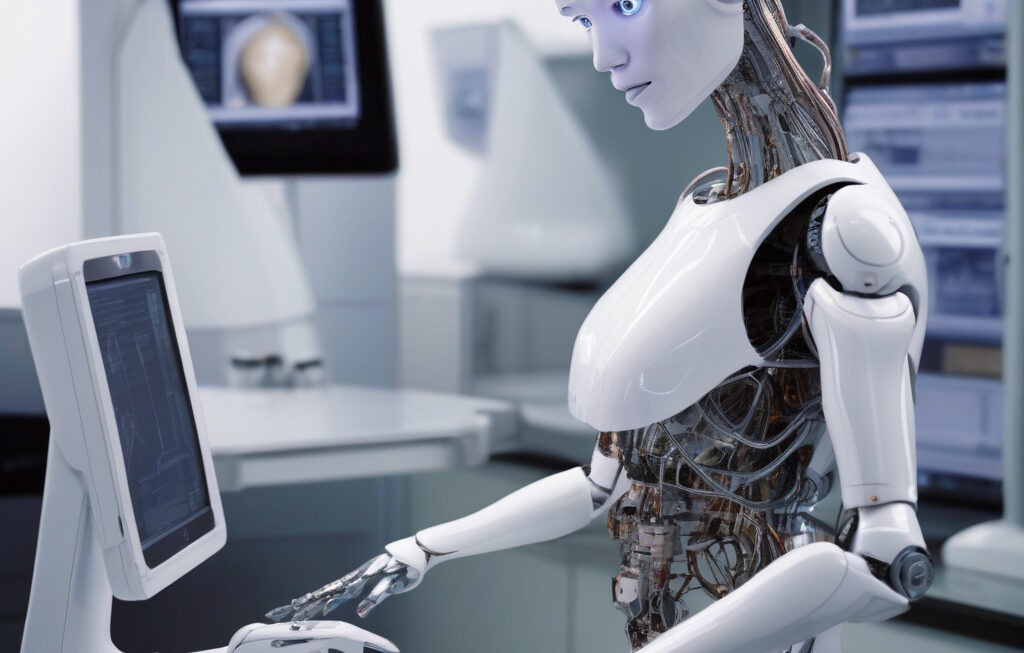Accelerating Clinical Documentation: Tebra’s AI Note Assist Revolutionizes Patient Care
In the fast-paced world of healthcare, every minute counts. From diagnosing illnesses to prescribing treatment plans, healthcare professionals are constantly juggling multiple tasks to provide the best care for their patients. One of the most time-consuming aspects of patient care is clinical documentation – the process of recording patient information, assessments, and treatment plans. However, with the introduction of Tebra’s AI Note Assist, this cumbersome task is about to become a thing of the past.
Tebra, a leading healthcare technology company, has recently unveiled a groundbreaking tool that leverages the power of artificial intelligence to generate clinical notes during patient visits. This innovative solution is set to revolutionize the way healthcare professionals document patient care, saving time and improving overall efficiency.
So, how does Tebra’s AI Note Assist work? The tool is seamlessly integrated into the healthcare provider’s workflow, analyzing patient data in real-time to automatically generate comprehensive clinical notes. By utilizing natural language processing and machine learning algorithms, the AI Note Assist can accurately capture key information discussed during the patient visit, including symptoms, diagnoses, and treatment recommendations.
One of the key benefits of Tebra’s AI Note Assist is its ability to streamline the clinical documentation process, allowing healthcare professionals to focus more on patient care and less on paperwork. By eliminating the need for manual note-taking, providers can spend more time interacting with patients, addressing their concerns, and developing personalized treatment plans.
Moreover, the AI Note Assist can help improve the overall quality of clinical notes by reducing the risk of errors and omissions. With its advanced capabilities, the tool can ensure that all relevant information is captured accurately, leading to more comprehensive and detailed documentation.
In addition to saving time and enhancing documentation accuracy, Tebra’s AI Note Assist also has the potential to improve patient outcomes. By generating real-time clinical notes, healthcare providers can quickly access vital information, make informed decisions, and provide timely interventions. This can result in more efficient care delivery, better coordination among healthcare teams, and ultimately, improved patient satisfaction.
Furthermore, Tebra’s AI Note Assist is designed to adapt and learn from each interaction, continuously improving its performance over time. By analyzing patterns and trends in clinical data, the tool can provide valuable insights and recommendations to healthcare providers, further optimizing patient care.
As the healthcare industry continues to embrace digital transformation, innovative solutions like Tebra’s AI Note Assist are paving the way for a more efficient and patient-centric approach to care delivery. By harnessing the power of artificial intelligence, healthcare providers can overcome traditional challenges in clinical documentation and unlock new possibilities for improving patient outcomes.
In conclusion, Tebra’s AI Note Assist represents a significant milestone in the evolution of healthcare technology. By automating the clinical documentation process and empowering healthcare providers with real-time insights, this innovative tool is shaping the future of patient care. As we look ahead to a more digital and data-driven healthcare landscape, solutions like AI Note Assist will play a crucial role in driving efficiency, accuracy, and success in clinical practice.
healthcare, technology, AI, clinical documentation, patient care












